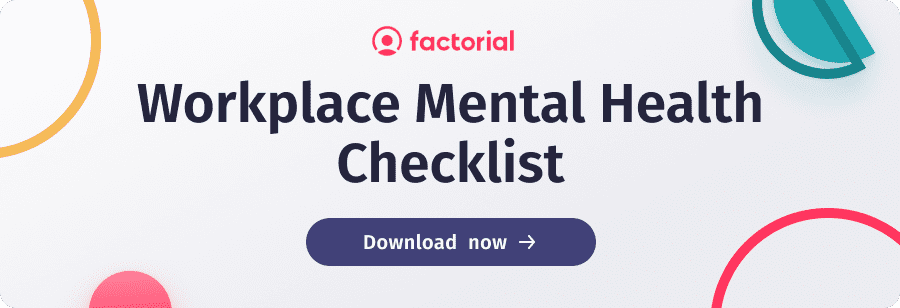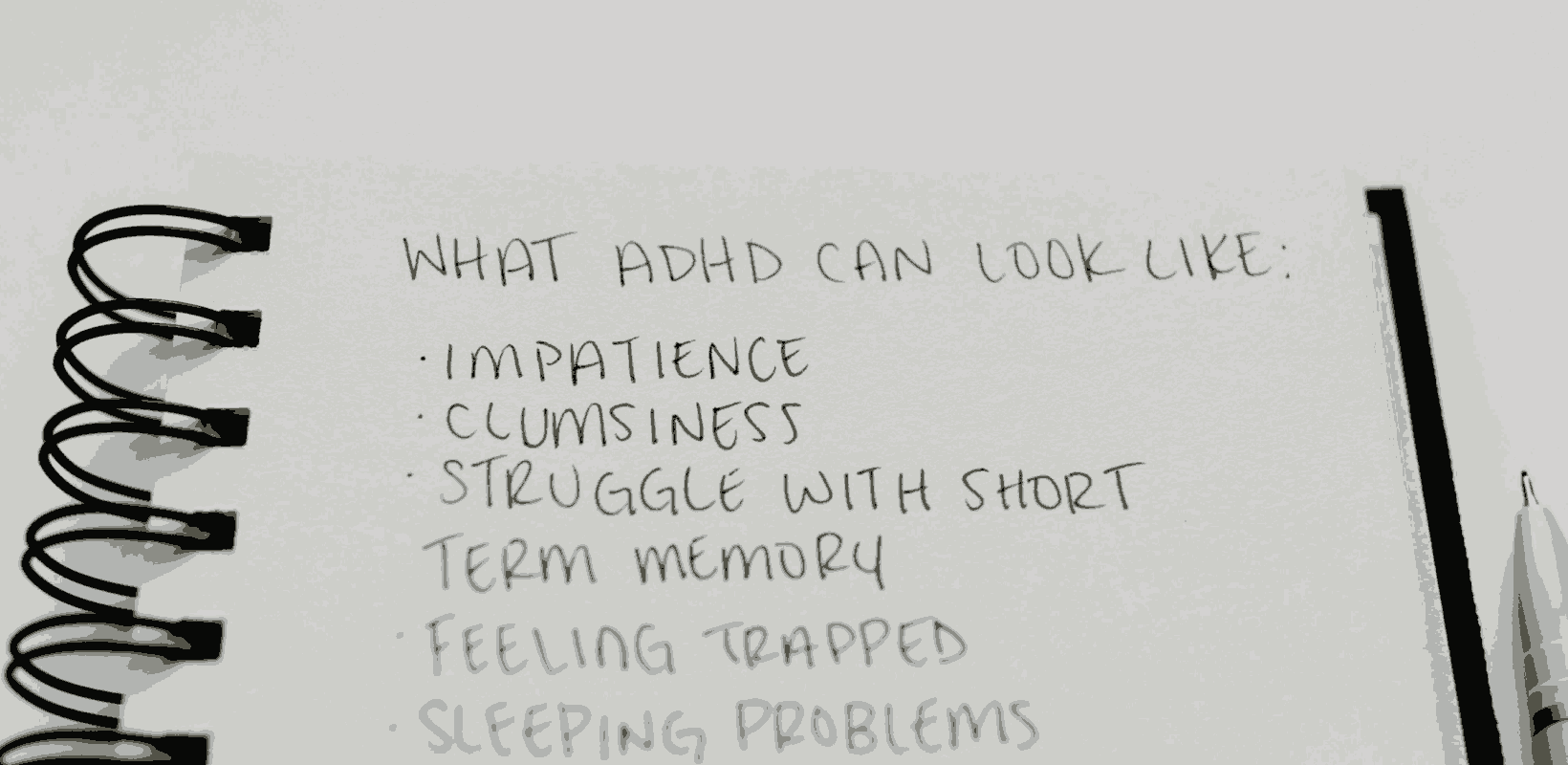Mental health issues in the workplace have always been a concern and are still one of the biggest issues business environments face today. Mental ill-health is now the most common cause of long term sickness absence and it is estimated that poor mental health costs UK employers between £33 – £42 billion each year. On top of this, the impact of the Covid-19 pandemic, where the majority of employees have either been Furloughed or obliged to work from home in isolation, has caused a further deterioration in our collective mental wellbeing and has thrown up a whole series of new issues which need to be accommodated by effective HR Policies.
It is a great pleasure, therefore, to introduce you to Hilary Lees from The Resilience Consultancy, who specialises in helping HR managers build resilience and productivity in their leaders and key talent through bespoke resilience workshops and one to one coaching.
Are you an HR Manager in an SME organisation? Do you feel concerned about the mental wellbeing and productivity of your workforce? Is your company facing unprecedented challenges in the marketplace right now?
Hilary is a former mental health clinician – now Executive Coach and Trainer – and has seen the impact of burnout, anxiety and depression on individuals and their organisations first-hand, from her ten years working as an Occupational Therapist in a Psychological Therapies Service, treating employees with these conditions. For this reason, if you would like insight and some tips on how to improve employees’ wellbeing in the workplace, I suggest you keep reading!

How has your specialism in mental health assisted HR departments manage individual employee situations at work?
The psychological fallout from the pandemic is leading many HR leaders to rightly prioritise initiatives to look after their employees’ mental wellbeing so I have been hugely busy of late delivering online workshops and webinars to help both employees and line managers explore how their mental health is currently being affected in the workplace and know what to do to improve it. I have also been working individually with some individuals affected.
In my workshops, I explore the impact COVID-19 has had on our collective mental health, recognise the signs and symptoms of mental ill-health in ourselves and others, and teach employees practical tools and techniques to deal with this to build their ‘resilience muscles’, alongside helping line managers know how best to support those affected in the workplace and where to signpost them for professional support.
What I’ve found works particularly well to manage individual employee situations is when organisations follow up this training with group / individual coaching calls where I can then take a deeper dive into individual employee situations and reinforce individual coping strategies to help them take proactive action to improve their situation. Similarly, with the line manager online training – allowing further time to reflect on individual cases and explore how best to approach and explore suitable adjustments and accommodations has been helpful to increase their confidence in having wellbeing conversations and knowing what to do to better support their colleagues. I have also acted in a similar way as a consultant to HR departments to help them think through their approach to ‘tricky’ individual cases.
How have the effects of the Covid-19 Pandemic affected some employees' mental health?
You will probably have heard the phrase ‘Same Storm, Different Boats’ to describe the different experiences and varying effects that the pandemic has had on our mental wellbeing. For some people, the experience of lockdown and social distancing / working from home has been a positive experience – a welcome slowing down of the perpetual pace of life and a chance to improve work-life balance and spend time with their loved ones as well as a chance to reconsider their priorities in life.
For many others, though there has been a worsening of mental health issues – particularly stress, anxiety and depression – following the pandemic and the lockdown / social isolation measures brought in to contain it.
There are many contributing factors to this including:
- the uncertainty and fear of contracting the virus
- the lack of autonomy and control
- loneliness and the difficulty of isolation and disconnection from family and friends
- concern for the welfare of family and friends
- grieving for lost loved ones – sometimes without the chance to say goodbye or attend a funeral
- a marked increase in alcohol and drug use as well as comfort eating as people have attempted to ‘numb’ their feelings with these methods.
- Musculoskeletal problems have also increased as people have led mostly sedentary lifestyles being isolated at home.
Some employees might have had the virus themselves and be dealing with a post-traumatic stress reaction to their experience, some might still be shielded and be anxious about family and friends contracting the virus and fearful of a potential increased risk from a return to work, others will still be balancing working from home with homeschooling or eldercare responsibilities and be working long or irregular hours and not switching off as a consequence.
Not to mention the pressure on relationships and fears for financial security and ongoing uncertainty with potential redundancies looming at the end of the government-supported furlough scheme.
As a result of the pandemic for a lot of people their values – what is important and their sense of life priorities – will have changed so giving employees an opportunity to reflect on what has changed for them and what is important for them now is a vital step to help them ‘reset and regroup’ to move forward.
Do you think there are going to be some long term implications to mental health for certain employees when the Pandemic subsides?
Yes, I do – certain groups of employees are at a higher risk of developing mental ill-health as a result of the pandemic and while it is difficult to predict who will be affected most severely, we know that the more adversity a person has experienced in the past, the more easily the feelings of being powerless and alone in the present may trigger further trauma.
Also, employees with pre-existing physical disabilities or mental health conditions and those from BAME communities who have been disproportionately affected by COVID-19 are likely to potentially need longer-term support.
In your experience, what specifically has contributed to the anxiety and burnout of employees?
Anxiety and burnout are often caused by a build-up of stressors both personally and professionally – often a combination of work pressures and demands, long hours cultures, sometimes unsupportive managers with an expectation to always be ‘on’, poor relationships and organisational change coupled with the expectations that we place on ourselves to ‘perform to prove our worth’ that leads to overworking and eventual physical exhaustion and burnout.
I speak from experience having experienced burnout twice in my career – I am what I call a ‘Recovering Workaholic’ – when life got tough I would often bury myself in my work to have a semblance of control but this led to unhealthy work habits and I have learnt over time the importance of balancing my Being with my Doing and the importance of self-care. I now firmly practice the tools and techniques I preach to help maintain my own resilience and am passionate about helping others to do the same to protect and look after their mental wellbeing.
I work with a lot of professionals struggling with the same issues in my business and I am finding the blurring of work and home from lockdown is only exacerbating these pre-existing tensions and, with the additional stressors from COVID-19 described earlier, not to mention fatigue from using video platforms, this is leading to the perfect storm of burnout in our organisations.
Can the use of HR software help mitigate the impact of mental health issues by keeping the workforce connected?
I believe anything that is going to help the workforce stay socially connected is an important factor in helping to mitigate the impact of mental health issues in the workplace – social isolation is the number one risk factor for developing mental health problems – we are social creatures at heart who are hardwired to belong to meaningful social groups so finding creative ways to keep this sense of connection with our team-mates and colleagues alive can be seen as protective here.
Finally, what advice would you offer to HR managers in attempting to reduce the number of employees who may be affected by mental health issues at work?
I would say acknowledge the reality of mental health issues in the wake of the pandemic, make mental health and wellbeing a priority, create a clear strategy for managing mental health and make mental wellbeing part of everyday discussions in the workplace to normalise it and make it OK to talk about it.
Educate your employees and line managers to understand both what good mental health is and how it can be affected, to recognise the signs in themselves and others and learn a range of practical tools and strategies they can take to look after their mental wellbeing, as well as know where they can go for more professional help.
Ensure your line managers feel equipped and confident to have regular wellbeing conversations with their direct reports; know how to build trust and psychological safety to encourage their team to share openly with them, and can respond empathetically and supportively to signpost people for further support when required. N.B. Empathy is a skill that can be built – but in order for line managers to learn this skill and effectively use it, they need to be managing their own stress levels – so teaching line managers resilience is a crucial factor for this to be effective.
Register with Factorial- HR software which can support employees’ mental health and wellbeing.



